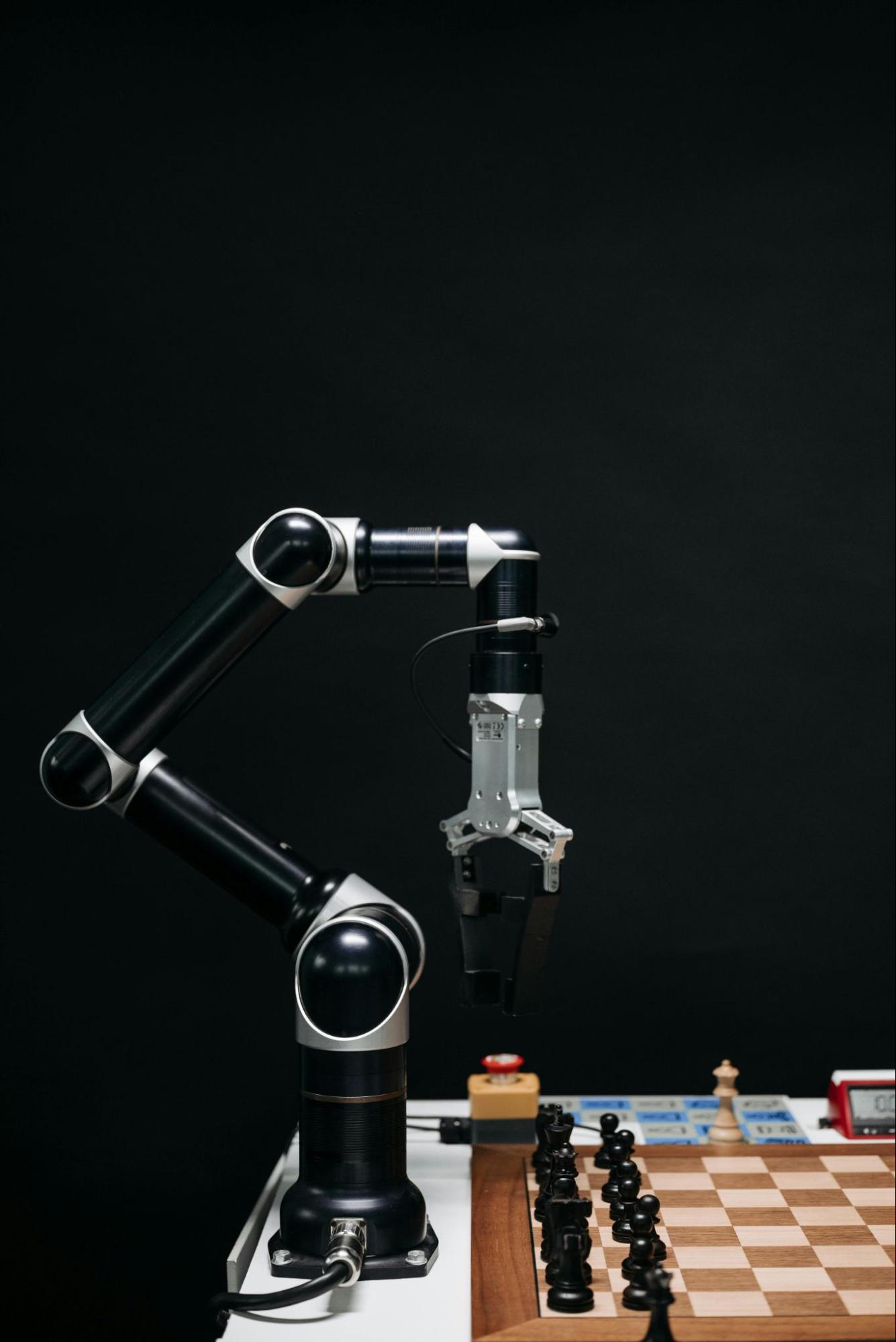
Artificial Intelligence (AI) is rapidly transforming multiple aspects of human life, influencing industries, daily routines, and the broader societal landscape. From automating complex tasks in business and healthcare to enhancing personal experiences through smart assistants and recommendation systems, AI is becoming an integral part of modern life.
As AI technologies advance, they offer both opportunities and challenges. While they enhance efficiency, productivity, and convenience, they also raise concerns about job displacement, data privacy, and ethical implications. The rapid adoption of AI is fundamentally changing how we interact with technology, making it essential to find a balance between innovation and responsible AI development.
1. Automation and Employment
AI-driven automation is revolutionizing the workforce, optimizing processes across industries such as manufacturing, healthcare, and finance. While automation boosts efficiency and reduces operational costs, it also raises very valid concerns about job displacement. There is a significant percentage of workers that will need to adapt to an AI-driven economy. The Global South particularly will face greater challenges due to existing skill gaps. This problem highlights the urgent need for upskilling and continuous learning initiatives to equip the workforce for an AI-integrated future.
2. Enhancing Daily Life
AI is seamlessly integrating into everyday applications, making life more convenient and personalized. AI-powered systems now serve as virtual assistants managing schedules and curating content. Some people even view them as friends, making these technologies indispensable. AI is also revolutionizing creative and business processes, aiding in content generation, data analysis, and even automating decision-making, thereby enhancing human productivity and innovation. However, there is growing concern that while AI enhances productivity, it may also stifle creativity. As AI-driven tools automate tasks and generate content with remarkable efficiency, there is a risk that human ingenuity and original thinking could take a backseat. Over-reliance on AI for idea generation, artistic expression, and problem-solving may lead to a decline in critical thinking and creative exploration, raising important questions about how to strike a balance between leveraging AI’s capabilities and preserving human creativity.
3. Ethical and Privacy Considerations
The rapid expansion of AI raises critical ethical and privacy concerns. AI systems have been shown to reflect human biases, sometimes leading to discriminatory outcomes. For example, Amazon stopped using a hiring algorithm after finding it favoured applicants based on words like “executed” or “captured,” which were more commonly found on men’s resumes. Additionally, the rise of AI-generated deepfakes and misinformation presents serious risks to societal trust and security. In 2023, roughly 500,000 video and voice deepfakes were shared on social media around the world. By 2025, we can expect to see 8 million deepfakes shared online, consistent with doubling deepfakes every six months, which is an alarming figure. As AI continues to evolve, it is essential to establish ethical guidelines and regulatory frameworks to prevent misuse and ensure that AI development prioritizes fairness, transparency, and accountability.
4. Future Prospects
The future of AI holds vast potential, particularly in fields such as healthcare, education, and transportation. In the coming years, AI is expected to become even more deeply embedded in decision-making processes, offering unprecedented insights and solutions.
AI’s trajectory suggests that it will play an increasingly central role in shaping human experiences. However, as AI’s influence grows, so does the need for careful oversight to ensure that technological advancements align with human values and ethical considerations. Striking the right balance between innovation and ethical responsibility will be key to unlocking AI’s full potential while safeguarding societal interests.

